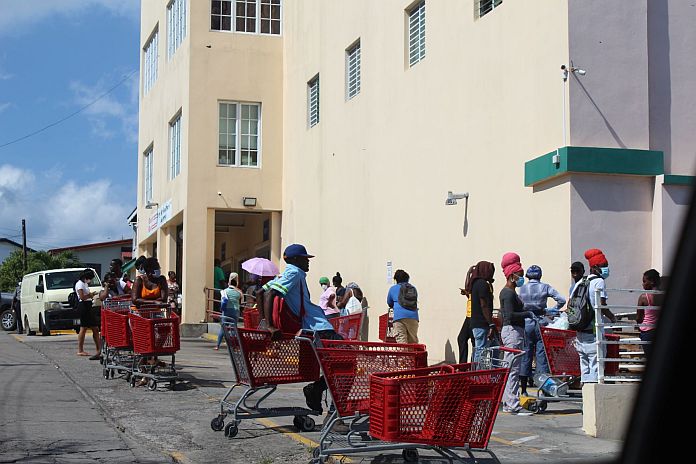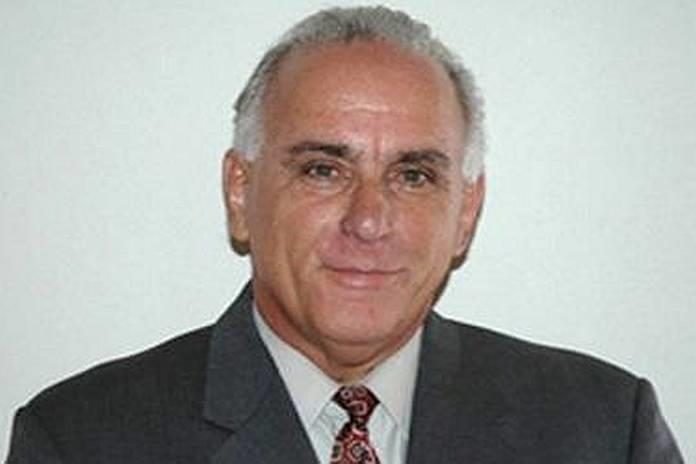By Caribbean News Global contributor
BASSETERRE, St Kitts – St Kitts and Nevis attorney, Dwyer Astaphan alongside other constitutional experts are of the view that St Kitts and Nevis general-elections must be held as constitutionally mandated by mid-August this year, “there is no constitutional way around that deadline”.
There is concern that prime minister Dr Timothy Harris, whose government is made up of three parties will use the COVID-19 pandemic with the recent imposition of a six-month State of Emergency to delay the elections.
The last general elections were held on February 16, 2015. Because the first sitting of the National Assembly was held on May 14, 2015, the Parliament automatically dissolves on May 14, 2020, if not earlier and elections must be called within 90 days. It is the first time in the history of St Kitts and Nevis that the first-term government has gone down to the wire.
Astaphan noted during his weekly programme, “The Operation Room” that the leader of the St Kitts-Nevis labour party, Dr Denzil Douglas has said that ‘if people can line up to shop, they can also line up to exercise their democratic and constitutional franchise to vote. The COVID-19 is not stopping them from shopping and it should not stop them from voting or words to that effect.’
“I am also told that his remarks were met with ridicule from certain quarters.” Dr Douglas is correct, “said Astaphan observing a typical day when people go shopping under the six-month State of Emergency.”

“There are lines at the supermarkets, there are lines at the pharmacies, etc. On election day, if the country is still facing challenges from COVID-19, and I suspect that it will, the authorities must manage the situation. People can go to their place of voting and go back home and wait for the results. This means that fewer people will be in Basseterre, fewer people will be in the streets than you have on a typical shopping day, less traffic, less work for the police, and other national security agencies in the country,” said Astaphan.
He pointed out that the authorities must also ensure that the human resource and other apparatus are in place “to receive the voters and the votes, to record it, to count it on the night and give out the results.”
“I would suggest that it might be best to consider counting the votes where they are cast. Dr Douglas is absolutely right. Why try to dissuade people, and why try to keep using the word ‘war.’ We are in a war against COVID-19. He (Dr Harris) knows what we are up against, but COVID-19 did not stop 60 million people from voting in South Korea and also in Wisconsin recently.”
He said the upcoming elections “will have no public meetings, no crowds, and more reason; less emotion and more thinking; less money spent on nonsense and more time focusing and appealing to the best interests of the people, their reason and their intelligence.”
Astaphan said COVID-19 will also give a good reason to change the culture of election and let there be events and periods for reasoning and looking at the issues.
“Let us get the people who are competing as well as the leaders debate each other.” Astaphan further suggested, “there is a need to deal with the issue of constituency boundaries.”
He noted that the present Team Unity government, which is the former opposition, contested proposed changes to the boundaries in the High Court five years ago and called on Dr Harris to finish the case, and requested Dr Douglas bring the matter to court after the National Assembly is dissolved.
“It is wrong. It is unconstitutional. It is unethically wrong and morally wrong to conduct the next elections on the same old 1989 boundaries. It is wrong and if we are a people of conscience, followers, and leaders alike, we must insist that something approximating equity is put in place before the election. It can be done,” said Astaphan.
He noted that a newly appointed Constituency Boundaries Commission met in 2018 and went to sleep with a scheduled meeting at the end of 2019 with a new chairman, “dragging feet and wasting time.”
He said there is differing views among lawyers on whether to use the 2015 boundaries under an injunction would apply. “I am more inclined to think that if the Privy Council injunction is lifted, then the 2015 boundaries would apply and not 1989,” said Astaphan.





